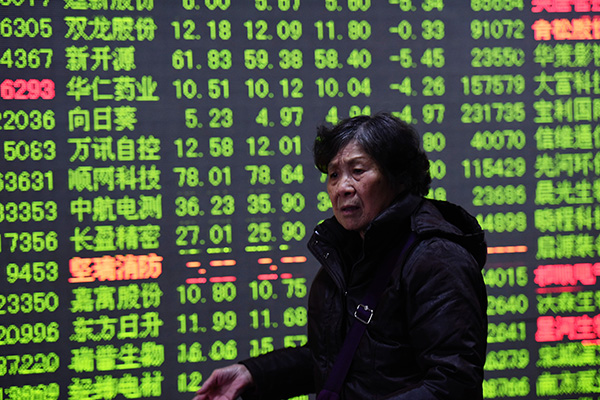The CSRC said on Friday that stablising the stock market was a priority. “Without a relatively stable market environment, there’s no basis for reviving the market and lifting sentiment,” the regulator said.
Some investors said they were disappointed with the plans. Niu Chunbao, a fund manager at Wanji Asset Management, said the policies would not be enough to offset broader concern about the Chinese economy.
“The key to lifting market sentiment is to rescue the economy, and the property market is the crux,” Niu said. “The market is short of confidence because investors see no concrete measures to fix the economy.”
Pang Xichun, research director at Nanjing RiskHunt Investment Management Co, said the measures “will give a short-term lift to a market where investors are extremely pessimistic”.
“But they won’t change the market fundamentals. A bull market requires genuine policies that would boost credit expansion.”
COUNTERCYCLICAL
The CSRC said it would boost the development of equity funds by speeding up the registration of index funds and broadening funds’ access to derivatives, and encourage fund managers to make countercyclical investments.
Listed companies will be encouraged to buy back shares, and offer investors steady streams of dividend payouts. The CSRC will also study measures to restrict financing activities by companies and sectors whose shares trade below net asset value or initial public offering prices.
It also vowed to keep “balanced” development between the primary and secondary markets, by keeping up a “rational” pace of IPOs.
Although the market had expected China to introduce a so-called “T+0” mechanism to allow shares to be bought and sold on the same day, the CSRC did not include that among its proposals, saying it could drive speculation and harm small investors.
Currently, investors can only sell stocks on the second day of purchase in China.






